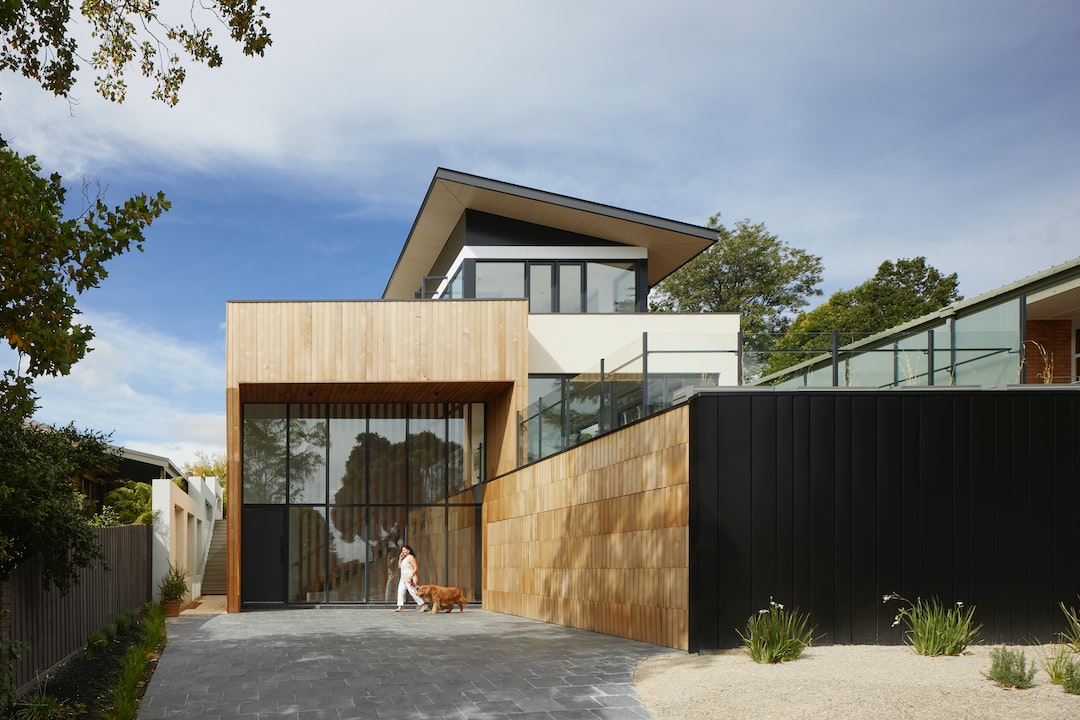The Hidden Costs of Owning a Home: What to Consider
Owning a home is a dream come true for many people. It offers a sense of security, stability, and the opportunity to create a space that reflects your personal style. However, along with the joys of homeownership, there are also hidden costs that can catch many new homeowners by surprise. In this blog post, we will explore some of the often overlooked expenses that come with owning a home, so you can be better prepared to budget and plan for them.
1. Property Taxes: When you own a home, you are responsible for paying property taxes. These taxes are typically based on the assessed value of your property and can vary from location to location. It’s important to research the property tax rate in your area and factor it into your budget. Failure to do so could result in a significant financial burden.
2. Insurance: Homeowners insurance is a critical expense that protects your investment. It covers damage to your property caused by events such as fire, natural disasters, or theft. The cost of homeowners insurance can vary depending on factors such as the location, size, and age of your home. It’s essential to shop around for the best coverage at the most competitive rates, while ensuring you have adequate protection for your home and belongings.
3. Maintenance and Repairs: Unlike renting, where the landlord is responsible for repairs and maintenance, homeownership means you are on the hook for these costs. From a leaky roof to a malfunctioning HVAC system, the expenses can add up quickly. It’s wise to set aside a portion of your budget specifically for home maintenance and repairs, so you won’t find yourself in a financial bind when unexpected issues arise.
4. Utilities: Another hidden cost of owning a home is the ongoing expenses associated with utilities. Water, electricity, gas, and sewage are all costs that homeowners must pay. Depending on the size of your home and the energy efficiency of its components, these costs could be significant. Take the time to research energy-saving options when purchasing appliances and consider investing in energy-efficient upgrades to reduce your monthly utility bills.
5. Homeowners Association (HOA) Fees: If you purchase a home in a planned community or a condominium, you may be required to pay HOA fees. These fees fund the maintenance of common areas, such as landscaping, pools, or security services. The amount of HOA fees can vary widely, so it’s crucial to review the association’s financials and rules before buying a property within an HOA. Failure to include these fees in your budget can lead to financial strain.
6. Taxes on Profits: If you decide to sell your home in the future, you may be subject to capital gains taxes. These taxes apply to the profit made from the sale of an asset, including your primary residence. However, there are exemptions available for homeowners who have lived in their property for a certain period. It’s advisable to consult with a tax professional to understand how selling your home could impact your tax liability.
7. Home Improvement and Upgrades: Finally, homeowners often have a desire to improve or customize their space. Whether it’s remodeling a bathroom, updating the kitchen, or adding a swimming pool, home improvements can quickly become a significant expense. It’s crucial to carefully consider the cost versus the potential value added to your home. Make sure to prioritize upgrades that will increase your property’s resale value and balance the desire for improvements with the need to stay within your budget.
In conclusion, owning a home brings immense pride and stability, but it also comes with hidden costs. It’s important to consider expenses such as property taxes, insurance, maintenance and repairs, utilities, HOA fees, taxes on profits, and home improvements. By thoroughly researching and budgeting for these expenses, you can avoid financial stress and enjoy the benefits of homeownership to the fullest. Remember, understanding the hidden costs is the first step to becoming a successful homeowner.

